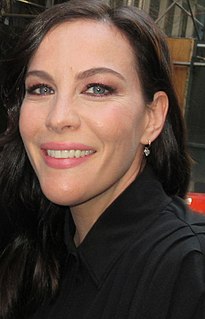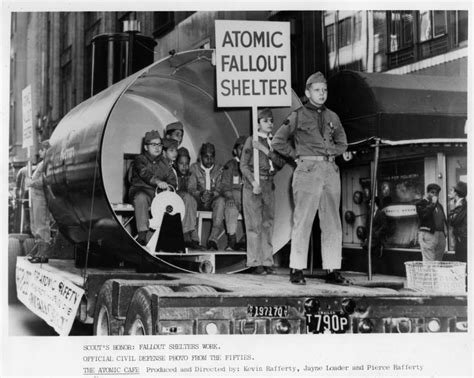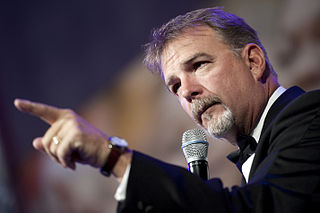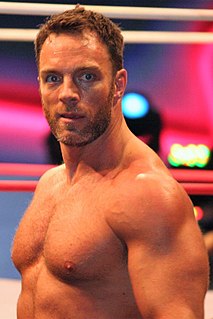A Quote by John Lasseter
The hardest thing to get is true emotion. I always believe you need to earn that with the audience. You can't just tell them, 'Ok, be sad now.'
Related Quotes
We put so much pressure on ourselves as parents to be able to do everything, but children are very grateful and understanding. I always find that quality time, even if you just get a little bit, really has a deep impact. But you also need them to know that they can make mistakes, and if they do make a mistake it's OK for them to tell you and that they'll get a second chance.
We believed - and I personally still believe - that the so called Voice of God narration, ubiquitous in documentaries destined for PBS, is insulting to the audience. If you believe in the intelligence of your audience, you don't need to tell them what to think and how to process the material they're seeing.
The more I drive myself into the depth of my inside, the more things come up to my vision, visibly or invisibly... I even do not know if I am seeing them with my eye or with my mind. I just need to copy them on my canvases. But this mental process is always overwhelming. I often have hard time to deal with my emotion on this state. You could call this depression on surface? But actually, so many 're-birth' and 'reform' are going on on my thoughts, inspiration, philosophy...etc in the underwater. I believe this struggle make my art real. My art always comes from my emotion.
If you ant to feel deeply, you have to think deeply. Too often we separate the two. We assume that if we want to feel deeply, then we need to sit around and, well, feel. But emotion built on emotion is empty. True emotion- emotion that is reliable and does not lead us astray- is always a response to reality, to truth.





































